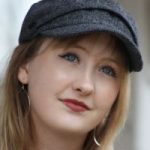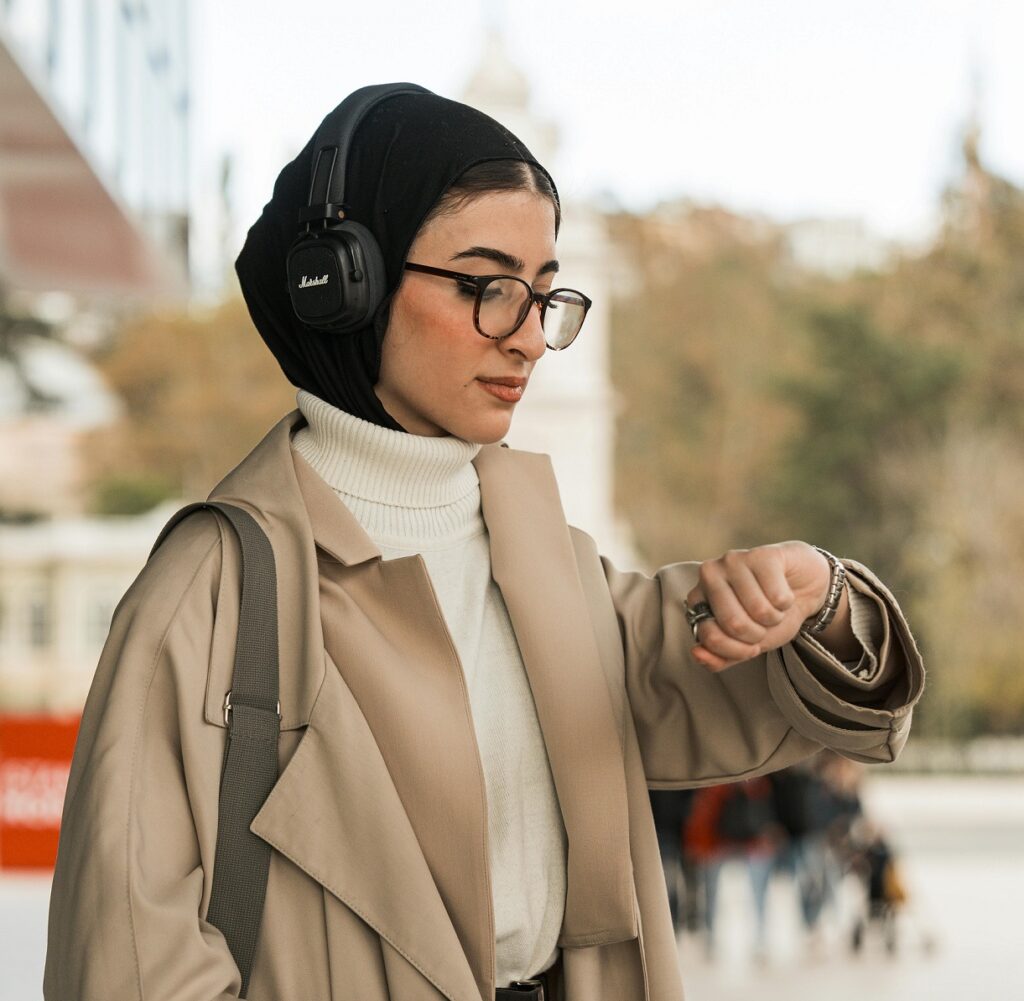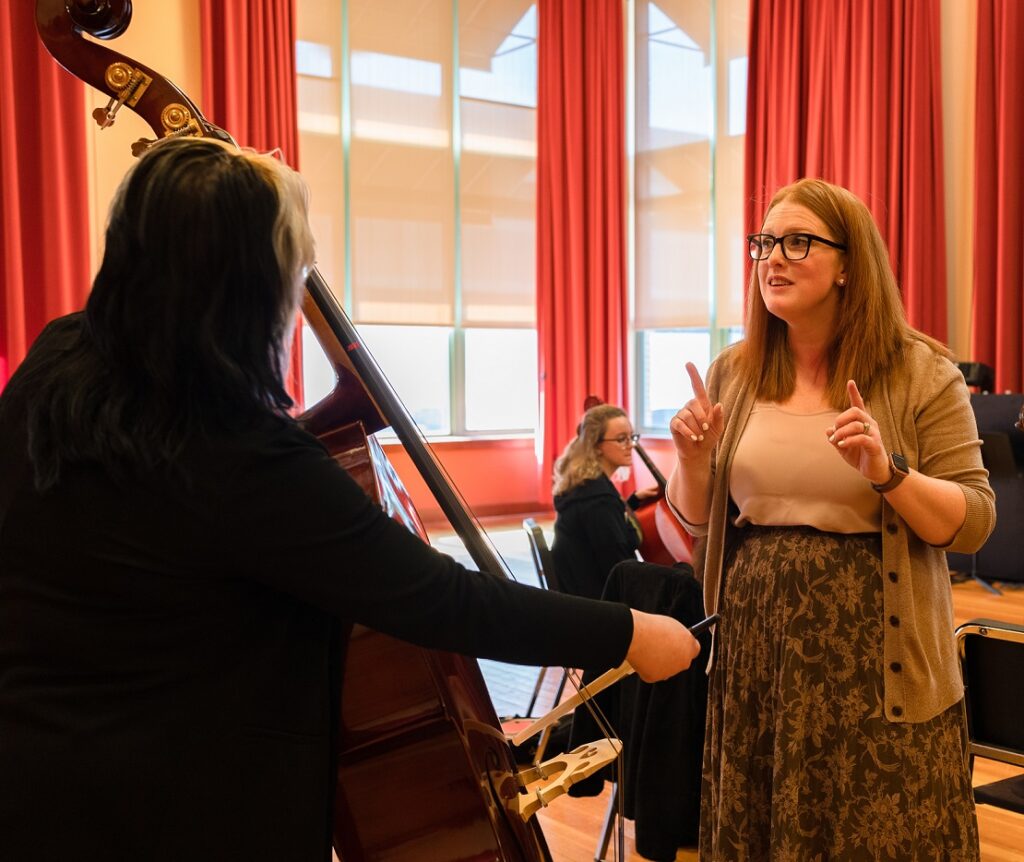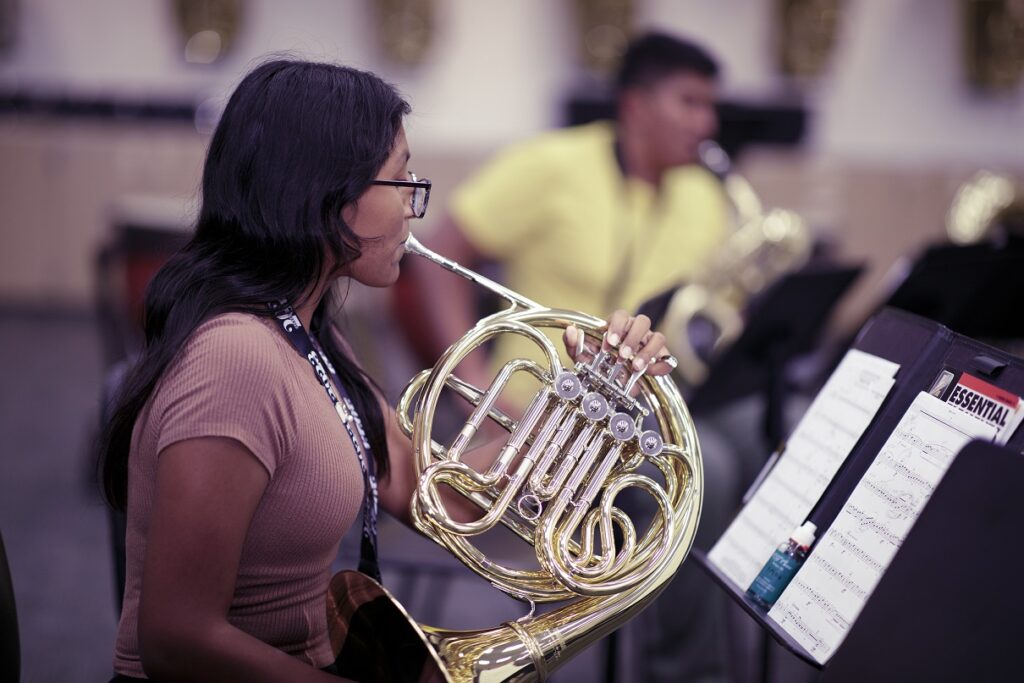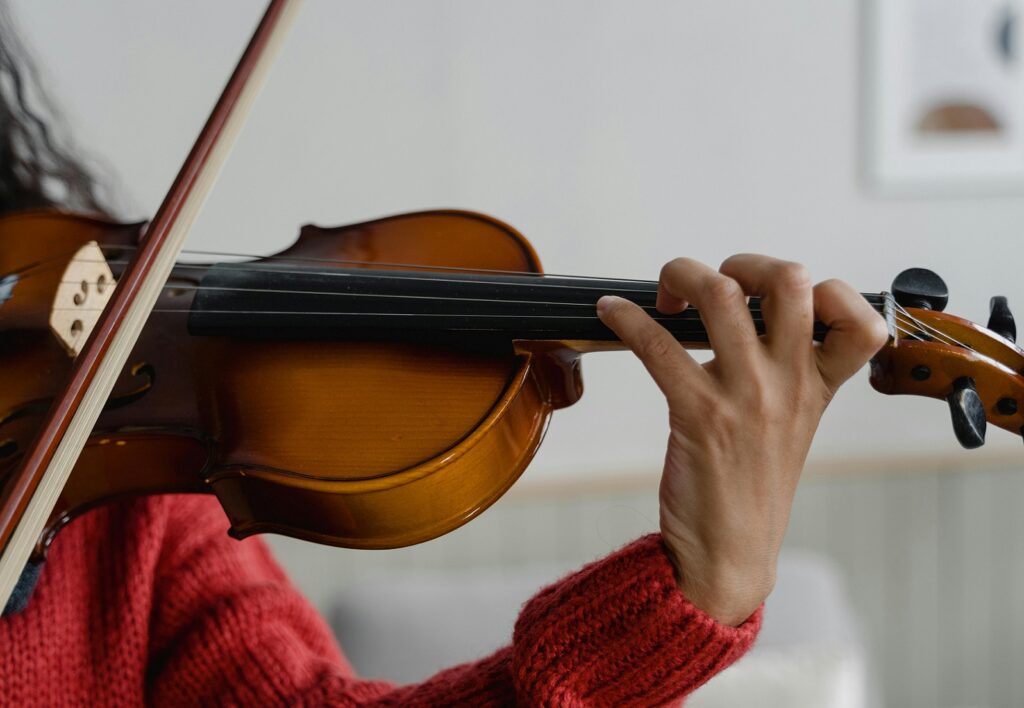My Introduction to Orff
Exploring the social aspect of music as proposed by Carl Orff in the 1920s, opened a music educator’s eyes.
The first time I heard of Orff, I was a sophomore instrumental music education major at The University of Toledo. My advisor recommended that everyone in her Music for Children course accompany her to the international Orff conference in Atlantic City, New Jersey. She said that entry to the conference would be free for those who volunteered at the convention center. Two of my classmates and I decided to make the 14-hour trek from southern Michigan. The trip was well worth it.
After I registered as a student volunteer, I was assigned to be a door guardian to check the IDs of licensed educators. This allowed me to talk to hundreds of Orff-certified music educators from around the globe.
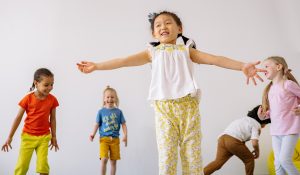 The conference was shocking in many ways. I first attended recorder workshops where I felt most at home because I play the flute. The classes that pushed me out of my comfort zone were the interpretive dance sessions on the second day. I planned to sit and simply watch the workshop, but I quickly learned that that’s not how Orff is done.
The conference was shocking in many ways. I first attended recorder workshops where I felt most at home because I play the flute. The classes that pushed me out of my comfort zone were the interpretive dance sessions on the second day. I planned to sit and simply watch the workshop, but I quickly learned that that’s not how Orff is done.
“Dance like a snowflake,” the instructor said.
I was assigned a dance partner who fluttered around me gracefully. Soon, our 20-person class had become a winter forest full of birds, trees, snowflakes and decaying leaves.
At first, I felt uneasy. This was so different from the band workshops I was used to attending. While the voice in my head was telling me to run away from this uncomfortable, childlike experience, I danced instead.
What is Orff?
Orff, a developmental approach to music, was pioneered by German composer and music educator Carl Orff, who believed that any child could learn music, and that music was meant to be social. The key aspects of the Orff approach are music, movement, drama and speech that mimic children’s play.
While teaching at Günther-Schule, a school of music and dance, Orff and Dorothee Gunther, a colleague and dance instructor, began creating the methodology in the 1920s.His book of principles, “Orff-Schulwerk” (school work in German), was published in 1930.
The pedagogy was further developed by one of his students, Gunild Keetman, who became Orff’s colleague and, eventually, co-developer. That’s why the later era of the Orff method is referred to as Orff-Keetman.
Keetman integrated the recorder and created many Orff-style percussion arrangements. She co-wrote books with Orff and also penned “Elementaria,” a handbook for teaching rhythm, melody and speech, as well as how to guide students in movement training.
Orff principles were introduced to the United States in the 1950s after music educator Doreen Hall returned from studying in Europe. She is considered the first Orff teacher in the U.S. and set the improvisational stage for decades to come.
Becoming Licensed in Orff
The American Orff-Schulwerk Association (AOSA) believes that there are four stages to learning music: imitation, exploration, improvisation and composition.
There are hundreds of local Orff chapters around the country. After I was licensed, I joined the Rossford/Toledo chapter in Ohio. During conferences and meetings, you can earn hours toward your license renewal. Student memberships are around $30/per year, while educator memberships are around $95. Conferences cost about $300 to $800, depending on how long you plan to attend, if you have a membership, and when you register.
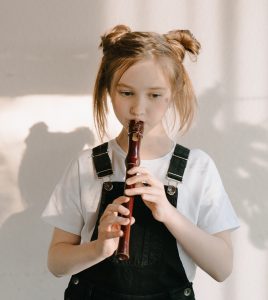 There are three Orff levels after which you are certified in Orff-Schulwerk. You are allowed to take only one level per year, and each level takes at least 60 hours to complete. AOSA recommends completing the levels within seven years, so you retain the material.
There are three Orff levels after which you are certified in Orff-Schulwerk. You are allowed to take only one level per year, and each level takes at least 60 hours to complete. AOSA recommends completing the levels within seven years, so you retain the material.
Orff levels aren’t as sequential as you might think. The method involves revisiting the same themes but making them more complex — something that music educators have described as holistic.
In the introductory level, there are a lot of folk dances, pentatonic melodies, ostinatos and bordun accompaniments. As you work your way up to levels 2 and 3, you will learn more involved music theory and perform gradually more complex improvisations.
Elemental Music
One of the staples of Orff is something called elemental music. According to Orff, “Elemental music is never music alone but forms a unity with movement, dance and speech. It is music that one makes oneself, in which on takes part not as a listener, but as a participant.”
Elemental music is easily digestible and accessible to all. It is something that is meant to foster participation, which I learned in the interpretive dance workshops on the second day of my first Orff conference! I think of elemental music as Orff’s mission statement.
Orff Vs. Kodaly
Orff is often compared Kodály, a musical concept developed by Zoltán Kodály in Hungary in the 1920s after he became frustrated with the poor quality of music education. Both approaches were started at the same time and have similar philosophies: they start with the pentatonic scale, introduce sound before symbols (i.e., no musical notation to start) and promote the belief that music is social.
However, a key difference is that Orff believes we should start young musicians out on instruments, whereas Kodály begins with voice. Overall, Kodály uses more vocals and believes that music must be introduced in a specific sequence. (See “Teach Composition to Older Beginners Using Kodály Philosophies.”)
Orff Lessons I Used
Some free Orff resources I have utilized include:
My playdough sculpture lesson is based on an Orff lesson I saw when attending a local chapter meeting. I also regularly use Orff stories in my class, which gives students creative license over the instrumentation that each character or action in the book is assigned. Joshua Block’s arrangement of “Step Back, Baby” for percussion and voice is an excellent lesson for more advanced elementary students.
Whether you choose to get your certification in Orff, Kodály, Suzuki or another method, I always find it eye-opening to learn about new pedagogies by attending a conference and talking to other music educators.










